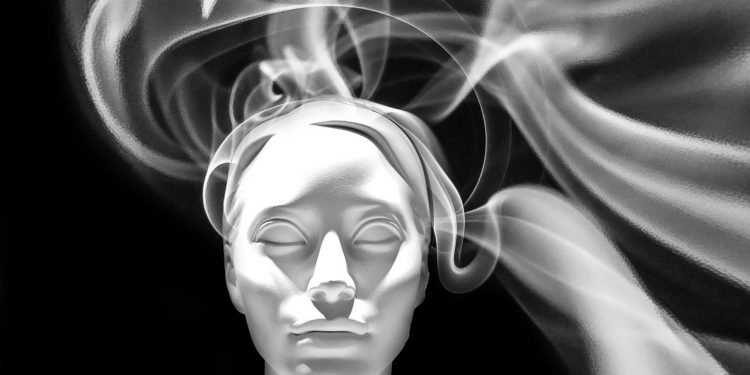Are you or someone you know prone to exhibiting self-destructive behavior by indulging in substance abuse or displaying an eating disorder? You can refer to a mental health platform like The Human Condition for information on recommended therapy.
Dialectical behavior therapy (DBT), modified from cognitive-behavioral therapy (CBT), is designed exclusively to treat mental health conditions. The purpose of this therapy is to regulate your emotions, develop healthy stress coping mechanisms, and maintain better relationships.
Stage-Based Therapy
This therapy involves specific stages to help you accept the reality of your life and overcome dysfunctional behavior. Enumerated below are what each stage aims to achieve:
Stage 1
Crisis intervention at this initial stage helps you stabilize and gain control over your behavioral patterns. You keep away from suicidal tendencies, addictive issues, and self-harm.
Stage 2
During this stage, your therapist helps you identify disturbing thoughts, beliefs, and behaviors. You receive guidance from working on whatever is traumatizing you so you can keep your emotional pain in check.
Stage 3
This stage aims to find joy in your life and take responsibility for your actions. By setting achievable goals and making gradual progress, you can resolve the issues surrounding your everyday life.
Stage 4
In the final stage, the focus passes to advancing the quality of your life and achieving significant fulfillment.
Skills You Develop With DBT
Empathetic platforms such as The Human Condition target your wellness and personal growth by providing practical resources. The four essential life skills that DBT focuses on developing include:
Emotional Regulation
When you recognize and accept your emotions without being judgemental, you prevent negative thoughts from taking over. After undergoing this therapy, positive emotions like joy and love replace guilt, anguish, shame, and depression.
Distress Tolerance
Distressing situations are a reality of life that you cannot escape. DBT assists you to take intense emotions like anger or grief in your stride instead of impulsively resorting to self-harm or substance abuse to cope.
Interpersonal Effectiveness
Through DBT, you develop interpersonal and social skills which enable you to interact with others more effectively. Expressing your mind by communicating more assertively in times of conflict helps you maturely deal with the issue at hand.
Mindfulness
You learn mindfulness techniques while undergoing DBT, which facilitates fully living in the present. When you accept how things are, you develop a more open attitude instead of a reactive attitude.
DBT Benefits
Using DBT, therapists treat patients with post-traumatic stress disorder, mood and eating disorders, plus those addicted to substance misuse. If you have difficulty managing your relationships, emotions, experience a deep fear of abandonment, or are battling with self-image issues, DBT has a positive influence.
This structured treatment is administered either via group work, individual therapy, or phone consultations. The benefits of opting for DBT include:
- Reduction in self-harming and suicidal tendencies
- An improvement in your quality of life
- Increase in tolerance and capability to regulate your emotions
- Decrease in dysfunctional behavior
- Reduction in anxiety, trauma, stress, and depression symptoms
- Consciously focusing on self-respect and self-belief
Trust an innovative digital platform dedicated to promoting wellness, personal growth, and mental healing for advice.












